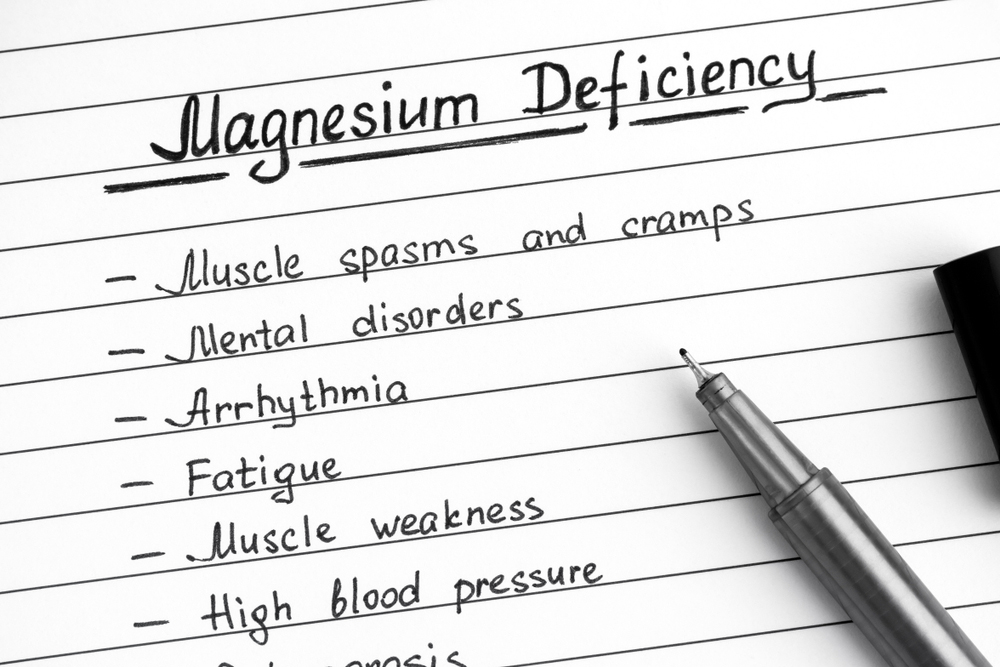
Magnesium Deficiency and Addiction
Magnesium is a mineral that regulates multiple bodily functions, including protein synthesis, energy production, blood glucose control and glycolysis. A long-term magnesium deficiency can lead to multiple health conditions, such as heart disease, osteoporosis, migraines and diabetes. Magnesium deficiency is rare in healthy people, but it can result from several underlying illnesses, including addiction.
Magnesium Deficiency Symptoms
According to the National Institutes of Health, many Americans have lower-than-recommended magnesium levels. Magnesium deficiencies can be tricky to diagnose because many of the initial symptoms are similar to various other health issues.
Magnesium deficiency can cause:
- Loss of appetite
- Nausea and vomiting
- Fatigue and weakness
- High blood pressure
- Involuntary muscle twitches, spasms and cramps
- Heart arrhythmia
Often, the warning signs of magnesium deficiency don’t appear until your levels become severely low. Untreated magnesium deficiency can cause numbness and tingling, personality changes and seizures.
How to Increase Your Magnesium Intake
Ultimately, getting sufficient magnesium from your diet is one of the best ways to maintain good overall health. It may also help you manage stress, migraines or muscle aches and pains. Adult men need between 400 and 420 milligrams of magnesium each day. For women, the recommended daily amount is 310 to 320 milligrams.
Increasing your intake of vitamins and minerals should always start with a “food-first” approach. Magnesium-rich foods include unprocessed nuts, seeds, leafy greens, grains and beans. If your diet alone isn’t enough to overcome your magnesium deficiency, consider taking a supplement.
Addiction and Malnutrition
Magnesium isn’t the only nutrient you might lack if you have a substance use disorder. Drinking and drug use cause malnutrition by affecting your digestive system, preventing your body from absorbing essential nutrients from the foods you eat. The food choices you make may also be unhealthy, consisting of mostly processed foods instead of whole, fresh fruits and vegetables.
After years of substance abuse, you may lack the resources to solve your malnutrition problems alone. That’s why it’s essential to find a treatment program that offers nutritional therapy to support your physical, emotional and spiritual well-being.
What Is Integrative Medicine?
Addiction is an illness that involves a complex interplay of factors, and overcoming it requires a holistic approach. In addition to the traditional combination of psychiatry and medication, the integrative medicine doctors at Recovery Without Walls blend conventional Western medicine with complementary and alternative practices. The result is a whole-person, holistic approach that can significantly enhance addiction treatment outcomes.
If you are interested in learning more about what we offer at our Mill Valley outpatient addiction treatment center, please contact us today for assistance.




